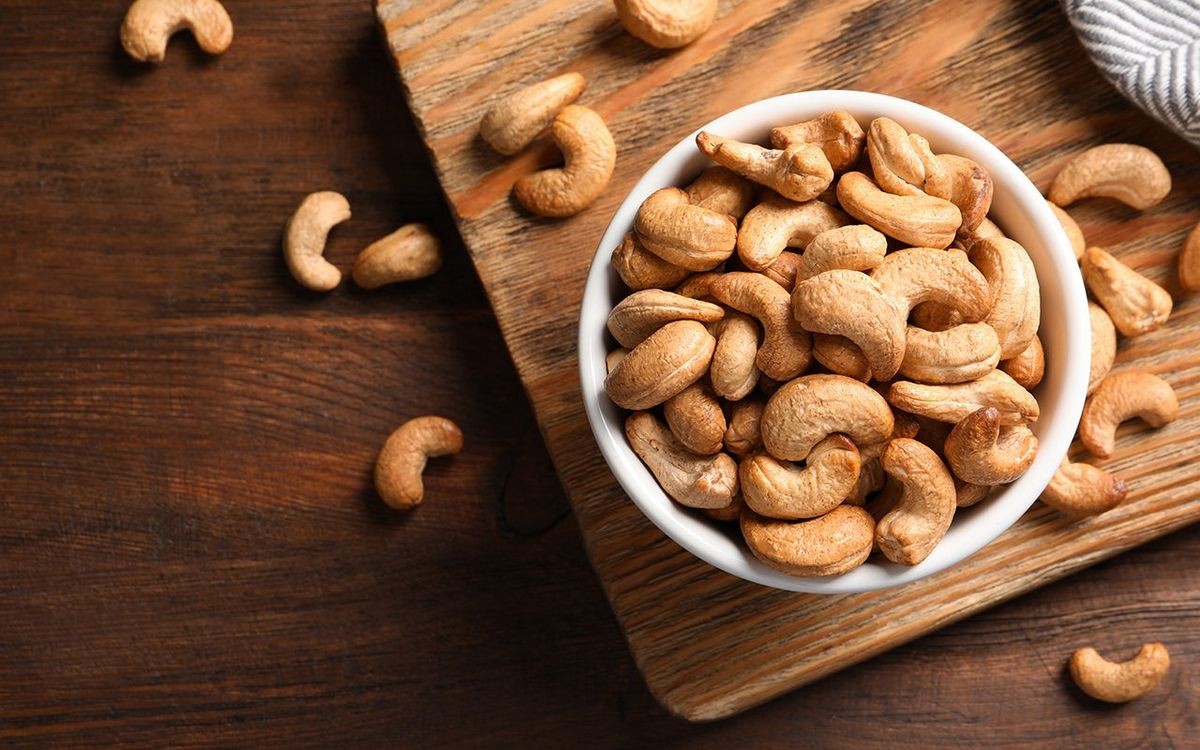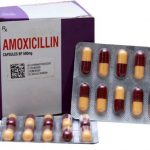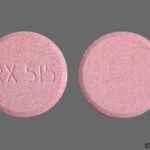
Contents
- 1 Why Cashews Are Not Good for You
Why Cashews Are Not Good for You
Cashews are protein-packed nuts that are a good source of vitamins, minerals, fiber, and antioxidants. Consuming them in moderation is fine. However, some factors make cashews not ideal for certain individuals.
Nut allergies
Cashew allergy is one of the most common nut allergies in the U.S. If you are allergic to any tree nut, chances are you may also be allergic to cashews. Check with your doctor before eating cashews.
High oxalate content
Cashews have a high oxalate content, and eating foods with a lot of oxalates can cause kidney stones. Keep an eye on your cashew consumption. More than an ounce a day may be excessive. Eating them with milk may help since calcium can reduce oxalate absorption.
If you have kidney stones or are at risk for kidney-related conditions, consult your doctor regarding a safe amount to eat.
Raw cashews are unsafe
Raw cashews with shells contain a poisonous chemical called urushiol. This toxic substance can also seep into the cashews. Removing the shells from raw cashews and roasting them destroys urushiol. Therefore, choose roasted cashews as they are safer to eat.
If you are trying to lose weight or have high blood pressure, avoid salted cashews.
How many cashews can you eat in a day?
The nutty and creamy flavor of cashews can be tempting, and it’s easy to consume too much in one sitting.
Consume no more than one ounce (28.35 grams) of medium cashews a day to receive health benefits. A single serving of cashews contains about 18 nuts. To control your intake, pack them in small, single-serving containers or bags.
What is the nutritional value of cashews?
| Total carbohydrates | 8.56 grams |
| Fiber | 0.94 grams |
| Protein | 5.16 grams |
| Total fats | 12.4 grams |
| Cholesterol | 0 |
| Calcium | 10.5 mg |
| Iron | 1.89 mg |
| Magnesium | 82.8 mg |
| Phosphorous | 168 mg |
| Potassium | 187 mg |
| Sodium | 3.4 mg |
| Zinc | 1.64 mg |
| Copper | 0.62 mg |
| Selenium | 5.64 µg |
| Vitamin C | 0.14 mg |
| Thiamin | 0.12 mg |
| Riboflavin | 0.02 mg |
| Niacin | 0.30 mg |
| Pantothenic acid | 0.25 mg |
| Vitamin B6 | 0.12 mg |
| Folate | 7.09 µg |
| Lutein + Zeaxanthin | 6.24 µg |
| Vitamin E | 0.26 mg |
| Vitamin K | 9.67 µg |
QUESTION
9 health benefits of cashews
Nine health benefits of cashews are:
- Maintaining heart health: Cashews provide good fats, antioxidants, and help manage blood pressure and cholesterol levels to keep the heart healthy.
- Beneficial for muscles and bones: Cashews are a rich source of protein, calcium, phosphorous, magnesium, and vitamin K. These nutrients promote healthy bones and muscles.
- Promoting healthy skin and hair: The B vitamins, vitamin E, protein, and antioxidants nourish your skin and hair from within.
- Supporting healthy vision: Antioxidants such as selenium, lutein, zeaxanthin, and vitamin C protect the eyes from harmful free radicals.
- Aiding weight management: Cashews are filling due to their protein and fiber content. They can help boost metabolism, curb appetite, and facilitate weight loss.
- Managing blood sugar levels: Cashews are beneficial for people with diabetes and help manage blood cholesterol and sugar levels. They may even help lower insulin resistance.
- Boosting brain and nerve health: Unsaturated fats in cashews improve brain health and may play a role in enhancing memory. Additionally, cashews contain B vitamins and antioxidants that protect the nerves and brain.
- Promoting a healthy gut: The fiber and polyphenols in cashews aid digestion and support gut immunity.
- Fighting oxidative stress: Oxidative stress is linked to inflammation and various chronic conditions. Cashews help lower oxidative stress and protect against allergies, metabolic syndrome, and cardiovascular diseases.
Are there any risks of eating cashews?
Although nutrient-rich, it is advisable to consume cashews in moderation. Pregnant and breastfeeding women, as well as people with diabetes, should avoid consuming large quantities of cashews.
Excessive consumption of cashews may increase blood sugar levels. Therefore, it is recommended to avoid consuming large amounts of cashews at least two weeks before planned surgery. Raw cashews contain a poisonous substance called urushiol. It is advised to consume cashews after removing their shells and roasting them. Fried or salted cashews should be avoided to prevent excess calories and sodium intake.
Some downsides associated with cashews include:
- Calorie-dense: Cashews are high in calories and may contribute to obesity, high blood lipids, and sugar levels if consumed excessively.
- Potential for heartburn: Fatty foods, including nuts, can lead to heartburn when consumed excessively.
- May cause allergies: Some individuals are allergic to tree nuts such as cashews. Consult a doctor if you experience discomfort after consuming cashews, such as itching, hives, or difficulty swallowing or breathing.
- Potential for drug interactions: Excessive cashew consumption should be avoided if taking antidiabetic medications, as cashews can interfere with their effectiveness and blood sugar control.
Are cashews good for PCOS?
Cashew nuts can benefit patients suffering from polycystic ovary syndrome (PCOS) for the following reasons:
- Healthy snack option: PCOS patients often have limited snack options due to bloating or gastric issues. Cashews are considered one of the healthiest snack choices for them. Opt for low glycemic index foods as snacks.
- Loaded with magnesium: Magnesium is essential for hormone metabolism and maintaining hormonal balance. Optimal magnesium levels may improve insulin resistance in PCOS.
- Provides healthy protein, carbohydrate, and fat: Eating protein-rich foods like cashews with carbohydrates can help regulate insulin response and manage blood sugar levels. Cashews are a good source of omega-3 fatty acids, beneficial for PCOS patients.
- Rich in iron: Iron deficiency is common in women with PCOS experiencing heavy bleeding. Including iron-rich foods like cashews in their diet can help increase hemoglobin, reducing PCOS-related fatigue and mood swings.
Nuts and seeds are valuable for PCOS symptoms, being high in protein, fiber, antioxidants, vitamins, and minerals.
- These foods contain healthy fats that have an anti-inflammatory effect and contribute to cell health.
- Nuts and seeds, including cashews, are abundant in minerals such as magnesium, zinc, and calcium.
- Incorporating a serving of nuts or seeds into your daily diet can provide various benefits to your body.
Subscribe to MedicineNet’s Weight Loss/Healthy Living Newsletter
By clicking "Submit," I agree to the MedicineNet Terms and Conditions and Privacy Policy. I also agree to receive emails from MedicineNet, and I understand that I may opt out of MedicineNet subscriptions at any time.
Bernardino M, Parmar MS. Oxalate nephropathy from cashew nut intake. CMAJ. 2017;189(10):E405-E408.
Bernardino M, Parmar MS. Oxalate nephropathy from cashew nut intake. CMAJ. 2017;189(10):E405-E408.


